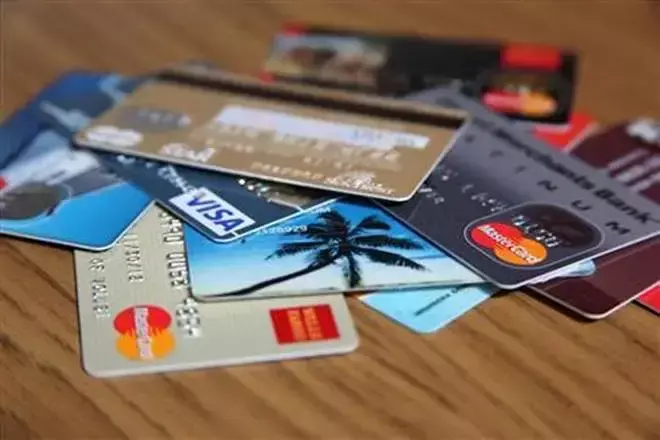
CA Explains How ₹1.42 Lakh Was Lost in Minutes in Credit Card Exam
In a shocking revelation, a Chartered Accountant (CA) has shed light on a disturbing trend of credit card fraud in India. In a recent LinkedIn post, the CA explained how a staggering ₹1.42 lakh was lost in mere minutes due to a clever trick employed by fraudsters. The scam, which targeted Mumbai credit cardholders, is a stark reminder of the importance of being vigilant when dealing with our financial transactions.
According to the CA’s post, the fraudsters pretended to be bank telemarketing agents, claiming that they needed the cardholders’ information to “activate” new cards. Once the victims shared their card details, including the crucial CVV (Card Verification Value) number, the scammers executed multiple unauthorized transactions. The result was a staggering loss of ₹8 lakh for Mumbai credit cardholders in just one month.
The CA’s post has sent shockwaves across the financial community, prompting a renewed emphasis on card security and awareness. In an age where technology has made it easier to conduct transactions, it is essential that we are proactive in protecting our financial information.
The scam, as described by the CA, is a classic example of social engineering, a technique used by fraudsters to manipulate individuals into divulging sensitive information. In this case, the scammers used a combination of persuasion and urgency to convince the victims to share their card details. The fact that the fraudsters targeted multiple individuals in a short span of time highlights the scale of the problem.
The consequences of such scams can be devastating. Not only do the victims lose their hard-earned money, but they also risk compromising their credit scores and financial reputation. The psychological impact of such a breach can be significant, leading to stress, anxiety, and even depression.
So, what can we do to protect ourselves from such scams? Here are a few tips:
-
Verify the identity: Always verify the identity of the person calling you, especially if they claim to be from your bank. You can ask for their ID number or contact your bank directly to confirm their authenticity.
-
Be cautious of urgency: Scammers often create a sense of urgency to prompt you into taking action. Be cautious of any requests that ask you to divulge sensitive information quickly.
-
Keep your card details confidential: Never share your card details with anyone, even if they claim to be from your bank. Keep your CVV number and other sensitive information secure.
-
Monitor your accounts regularly: Regularly check your account statements and transaction history to detect any suspicious activity.
-
Report any suspicious activity: If you suspect any suspicious activity, report it to your bank immediately.
In conclusion, the recent credit card scam highlighted by the CA serves as a stark reminder of the importance of being vigilant when dealing with our financial transactions. By following these simple tips and being aware of the tactics used by fraudsters, we can significantly reduce the risk of falling prey to such scams.
Source: https://www.linkedin.com/feed/update/urn:li:activity:7350856689564143618/
Note: The above blog post is a summary of the news article and is not intended to be a technical or legal analysis of the issue.






